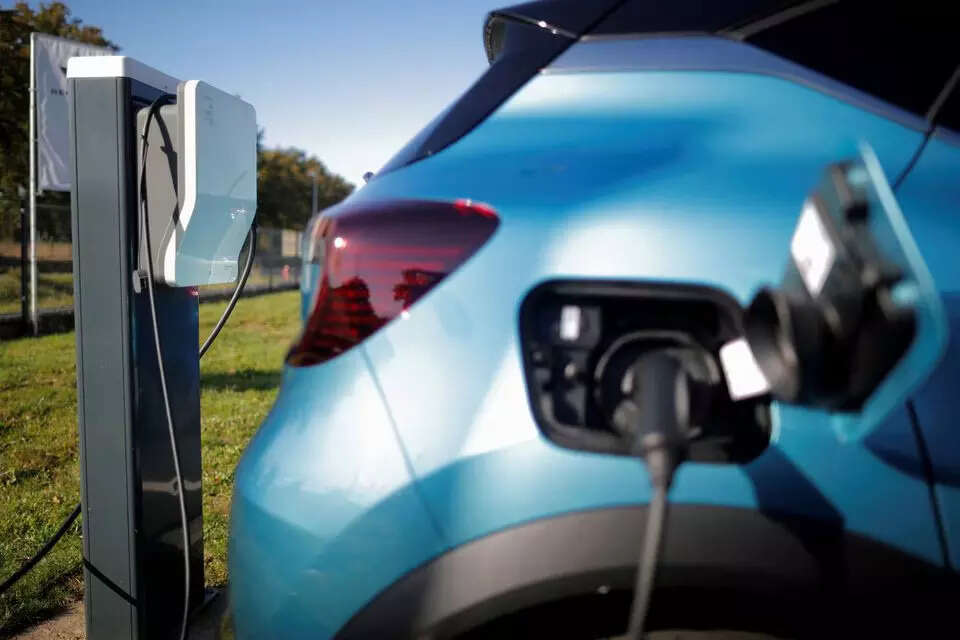
While Western carmakers look warily upon the European expansion plans of Chinese electric vehicle makers, major German auto suppliers are eager to expand on existing partnerships in China and provide those rising manufacturers with European-made parts.
“Chinese manufacturers will adapt vehicles to the European market step by step through user experience and customer orientation,” Bosch CEO Stefan Hartung told Reuters at Munich’s IAA mobility show. “This is a good way to do it and also quite natural for us as a supplier because we all know these manufacturers from our collaboration in China.”
“We also believe that ultimately this is positive for competition and the consumer,” Hartung added.
Bosch’s Chinese partnerships include developing Advanced Driver Assistance Systems (ADAS) for most of Chinese EV maker BYD’s cars, electric motors for luxury EV maker Human Horizons and is a supplier for Nio.
Chinese EV makers including BYD, Nio, Xpeng and Leapmotor are all targeting Europe’s EV market, where sales soared nearly 55% to about 820,000 vehicles in the first seven months of 2023, making up about 13% of all car sales.
The average EV in China cost less than 32,000 euros (USD 34,350) in the first half of 2022 compared with around 56,000 euros in Europe, according to researchers at Jato Dynamics.
That has Europe’s carmakers fretting about an “invasion” of cheap Chinese EVs that could undercut local manufacturers.
But that is not the case for suppliers like ZF Friedrichshafen.
ZF has around 40 locations in China that generated about 20% of global sales in 2020 – and about 40% of its China revenue comes from Chinese carmakers.
“When we talk to our Chinese customers, there are very concrete plans to build plants in Europe,” ZF CEO Holger Klein told Reuters. “We are in discussions there.”
At a Leapmotor event held Monday at the Munich car show to celebrate major suppliers, entitled “Leap Together,” the names of ZF and Continental were lit up on stage.
Continental CEO Nikolai Setzer told Reuters the supplier expects “the Chinese to go global and build plants in Europe.”
He said that because Continental’s global production and development locations it knows how to meet vehicle standards everywhere so is “a partner that could support that” European expansion.
“We could take on new volumes (from Chinese customers in Europe) without needing to build a new plant,” Setzer added.
(USD 1 = 0.9316 euros)

